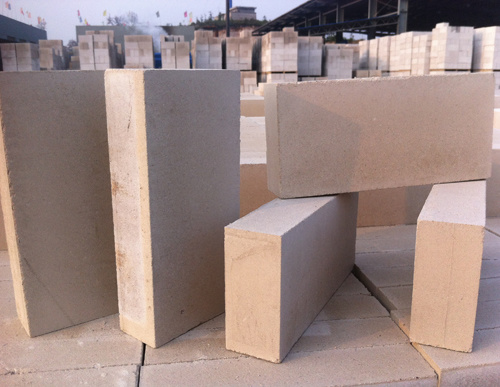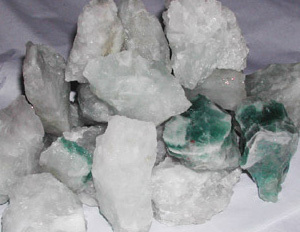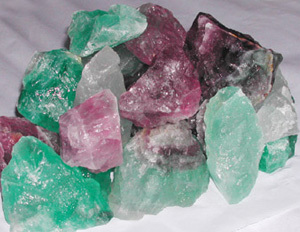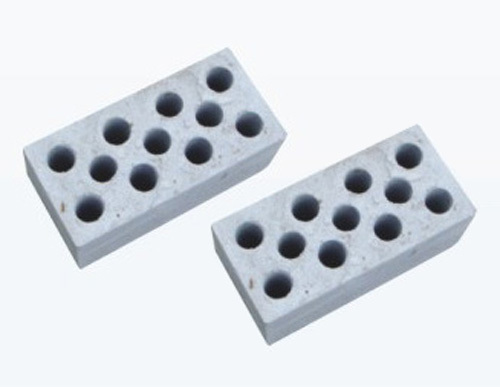
Autoclaved lime sand standard brick 1
Category :
Keyword :
Autoclaved lime sand
According to the analysis, although autoclaved sand-lime bricks can be used for walls and foundations of industrial and civil buildings, their strength must be MU15 and above when used for foundations and other building parts. It is not allowed to be used in building parts that have been heated for a long time above 200 ℃, are subject to rapid heat and rapid cooling and have acid medium erosion. The autoclaved lime-sand brick is built below the ground or the damp-proof course, and the minimum strength grade of the material used is the same as that of ordinary sintered brick.
Product Detail
Durability
① Frost resistance: refers to the ability of bricks to resist repeated freezing and thawing. If the autoclaved sand-lime brick is produced according to regulations and meets the requirements of product standards, it can withstand the frost resistance test. The frost resistance of autoclaved sand-lime brick is related to its own strength, and the one with high strength has good frost resistance.
② Water resistance: including the change of strength after dry-wet cycling and long-term immersion in water. The compressive strength of lime-sand brick after dry-wet cycling or long-term autoclaved in water has increased.
③ Water absorption: Compared with sintered ordinary brick, its water absorption speed is similar to that of sintered ordinary brick.
④ Strength change under natural conditions: autoclaved lime sand brick is formed by reaction under high temperature and autoclave. The hydration reaction is sufficient, so it has stable strength and performance. When coming out of the kettle in the atmosphere, the strength has increased a lot in the early stage, but will not increase in the future, and will remain stable. Long-term immersion in humid environment and water will also enhance the strength.
⑤ High temperature resistance: autoclaved lime-sand brick can not be heated for a long time above 200 ℃, and its strength is basically not affected below 200 ℃.
⑥ Chemical corrosion resistance: the immersion strength of mortar bricks above MU15 in acid and alkali solution has little change.
Previous Page
Next Page
Previous Page
Next Page
Related products
Online Message






